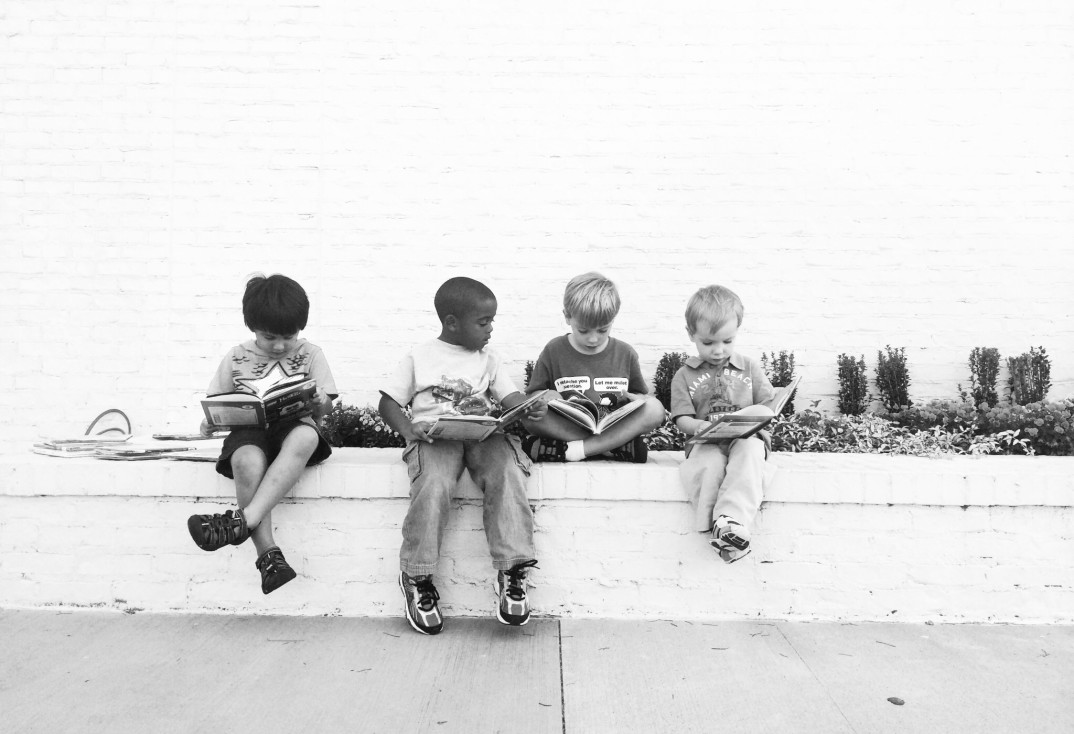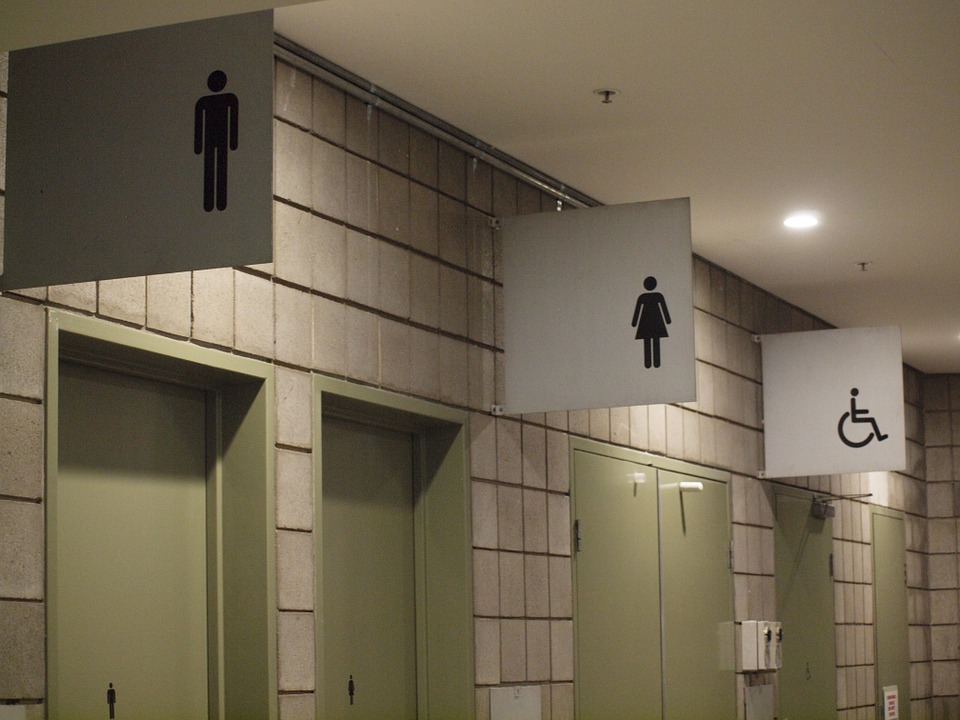Crystal Mess? – New Email App Predicts Personality of Recipients

Crystal sells itself as the best thing to happen to email since spell-check.
You should communicate with empathy, and the way you communicate with empathy is trying to understand what the other person you are communicating with is like.
Crystal, an email extension for Chrome and Gmail, tries to help users do this by data-mining information about the person you are communicating with from publicly available information about that person on the web. It then generates a personality profile for that person, and gives the user recommendations for how to communicate with that person.
The app even offers suggestions about what kinds of phrases to add and what kind of phrases to delete.
On the surface it looks like this is a useful tool. It would be nice to avoid miscommunication by knowing in advance how someone will receive your words.
But is this a kind of technology we should be worried about? People have freely shared information about themselves online for the past decade well before they had any idea that sophisticated technology like data mining and advanced information processing could be used to generate an accurate psychological profile that could be used against them.
This is now information that anyone can have access to and neatly analyzed in the form of a psychological profile.
People shared information about themselves and made it public in an age when they likely thought certain kinds of access to that information would be difficult.
This raises a number of interesting moral issues. Is it wrong to gather this information about people, if you know that it would make people uncomfortable to have that information be gathered about them? Should people have the right to opt out? Or do we simply say that these persons knowingly took a chance by making certain things about them publicly available, and it is simply too bad if they do not like the results that they couldn’t forsee?
Let us know what you think?




